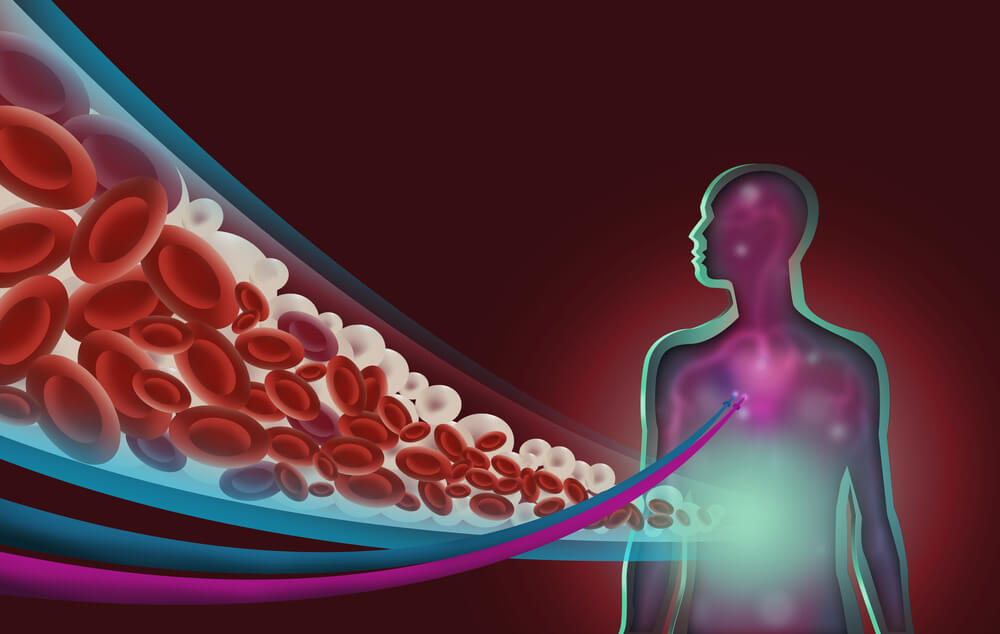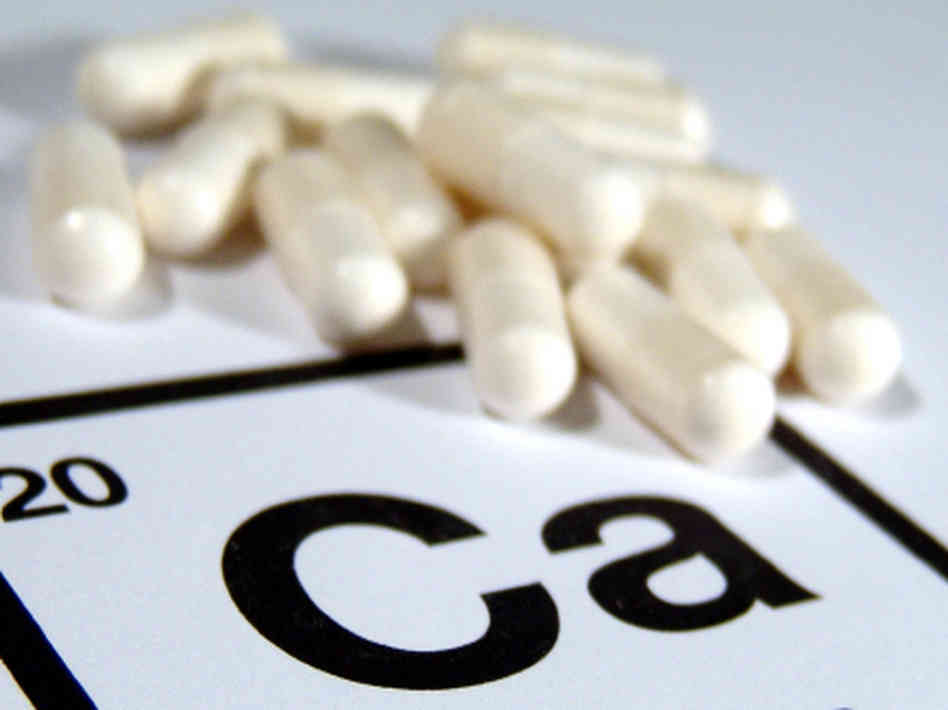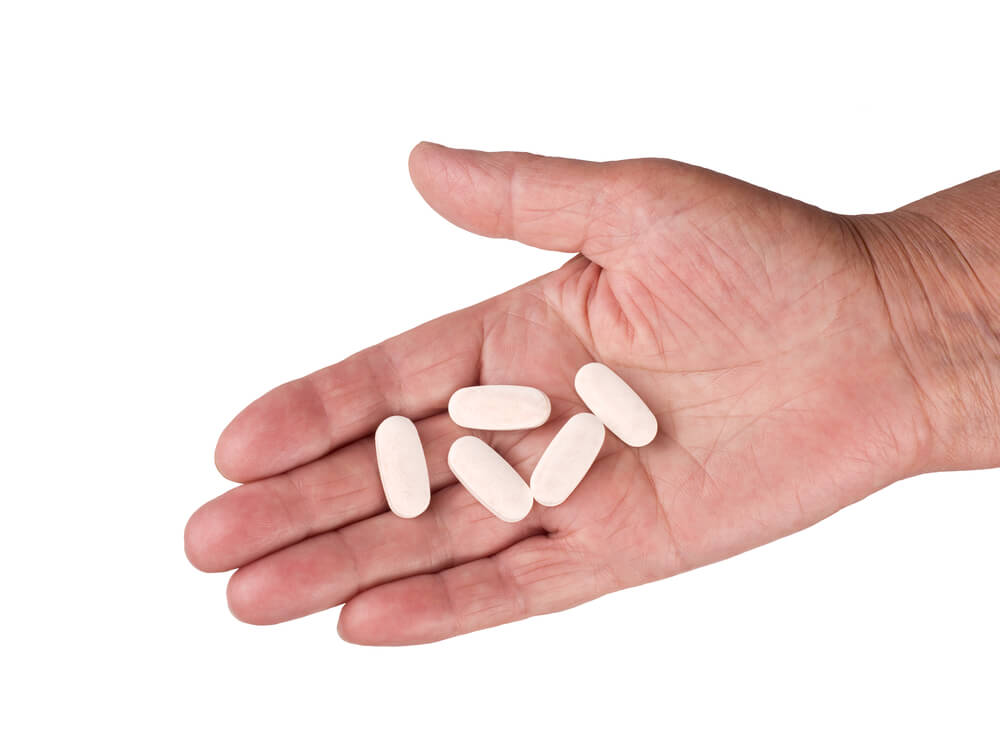
Some supplements are hard to figure out. Arginine is a great example. Here’s everything you need to know about it and how to use it right.
Ever walk into a sports nutrition store and not know where to start? You are not alone. There are so many supplements that the average person can be lost. The world of supplements can be vast and overwhelming. And, there are plenty of good reasons. There are many supplements for many ailments or deficiencies. It is important to sort through all of them.
Why?
To avoid the ineffective or poor choices, while taking note of the beneficial ones. Arginine is one supplement that certainly deserves some attention.
Before deciding to add any supplement into your regimen, though, thorough research is an absolute must. This research will allow you to understand what you’re taking. It will also give you insight into exactly why it could help you.
Luckily, all of the research and thought has already been done for you with arginine. Read on to find out what it is and why people use it. We will also give you details on what the best method of taking it is and how to use it in conjunction with other supplements. You’ll uncover everything you need to know about a supplement that could significantly make or break your muscle gains.
Are you ready?
What Is Arginine?
First and foremost, you’ll need to have a basic understanding of what arginine is. Arginine, also known as L-arginine, is one of the 20 amino acids. It is a semi-essential, or conditionally essential, amino acid. This means that whether or not it is required for a person is conditional on their health status or life cycle.
It is found in many foods, such as dairy products, meats, fish, nuts and soybeans. Arginine is converted in the body to make nitric oxide, a vital neurotransmitter that has functions throughout the body and brain. It is sold as a dietary supplement, usually in a form called L-arginine. It’s also found in many formulas that can promote heart health.
Arginine is needed for the execution of many physiological processes. These include hormone secretion, increases in growth hormone output, the removal of toxic waste products from the body and immune system defenses. It is sometimes used for treating conditions such as chest cramping, high blood pressure, heart disease and sexual dysfunction.
Some preliminary studies have found that arginine supplements can improve the function of blood vessels, enhance coronary blood flow, lower blood pressure, reduce angina and alleviate other symptoms in people with heart disease and vascular disease. There is even some evidence that arginine can help treat heart failure and chest pain associated with coronary artery disease.
As with anything, though, there are some disclaimers. For instance, you should not take an arginine supplement without medical supervision. That is especially true for those who have had a recent heart attack. With this basic explanation, you are now able to move on to a deeper understanding of everything that this supplement has to offer.
Why Do People Use Arginine?
Aside from all of these benefits, what else specifically does it have to offer? Well, that greatly depends on who you are. In particular, it depends on your age and overall health. The groups of people who are most in need of arginine are growing children, infants, athletes, overweight people and the elderly.
It is vital to the defense and development of the adolescent immune system. People who do not have enough L-arginine may show symptoms such as constipation, hair loss, high blood pressure and skin problems. Impairment of small bowel or renal function can reduce arginine synthesis. This increases your dietary requirement.
Arginine also triggers your body to make protein. Because of that, it has been studied for healing wounds, bodybuilding, enhancing sperm production and preventing tissue wasting in people with critical illnesses. Sometimes health professionals advise taking it to help manage certain conditions. These include such things as metabolic alkalosis, chemotherapy side effects, and infertility. As well, demand for arginine increases during times of injury and repair.
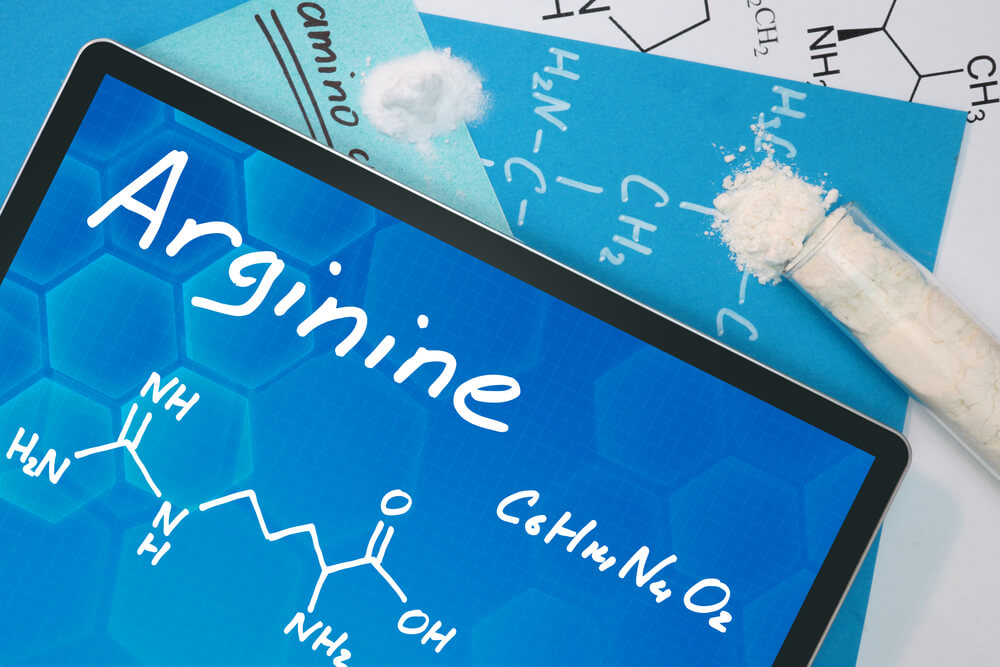
How Does It Help Athletes?
Likely the most important group to benefit from arginine is athletes. Why? Simple, it has many known benefits for performance.
For starters, it can support the production of testosterone and growth hormone. It improves the delivery of oxygen to all organs, including your muscles. Adequate hydration and electrolyte balance is always important. But, it is of particular importance to athletes, who need to maximize the benefits from nutrition, supplements and exercise. It is needed for the synthesis of creatine. Of course, creatine is an amino acid often used to boost muscle mass.
Since arginine is important for the immune system, it can allow athletes to train harder and avoid immune suppression that is often linked with overtraining. Athletes who are discontinuing the use of androgenic or anabolic steroids may benefit from supplemental arginine. Why? Steroids often lead to high blood pressure and the accumulation of bad cholesterol.
How Does It Impact Your Blood?
As mentioned prior, it has the ability to promote lipid oxidization, lower blood pressure and decrease artery plaque. Along these lines, arginine supports a healthy vascular system and allows blood to circulate properly. This is needed to feed your brain oxygen. The supply of blood to the pre-frontal cortex is more sensitive to cardiovascular conditions than any other part of the brain.
Blood flow is worsened by stress, poor circulation, high blood pressure and other problems. All of these issues can occur or be worsened from insufficient arginine. Do not let that happen!
Dietary supplements with arginine have become popular. Why? In part due to its role in making nitric oxide. This, in turn, allows your body to scavenge free radicals, signal muscle cells, release growth hormones, remove bad cholesterol and enhance fat metabolism.
As well, arginine helps regulate salt levels in your body. Its nitrogen-retaining abilities are well known within the bodybuilding and scientific communities. It is thought to help muscle growth due to the resulting support of blood flow and ability to participate in protein synthesis.
Arginine is needed to make urea, a byproduct created when your body breaks down proteins. The human body requires some nitrogen. But, the breakdown of protein creates more than needed. Making urea is an efficient way for your body to get rid of excess nitrogen. Along those lines, arginine helps your body regulate its waste and some chemical balances. This is something that is crucial for athletes and non-athletes alike.
Both the National Institutes of Health and the Mayo Clinic caution that more research is needed. But, arginine may be a good treatment for heart patients.
Why?
It may improve blood flow and reduce blood pressure. People with blood clots, especially in their legs, might find some relief as well.
Other Benefits Of L-Arginine
Beyond cardiovascular, muscular and immune system benefits, adequate arginine is very important for brain health too. Supplementation with it has been reported by many to improve memory, concentration and mood.
Got headaches?
It can reduce migraine pain, working similar to an ibuprofen.
L-arginine seems to be useful in the production of some hormones. Its main benefit in that field seems to be boosting growth hormone levels. There is even potential that it can assist with human growth before birth. With that said, there have not been enough studies yet to determine it conclusively.
Still, it is possible that one day, pregnant women will take supplements of arginine to aid in fetal growth, especially in cases of preeclampsia. Preeclampsia is a potentially dangerous condition in which the mother suffers high blood pressure during pregnancy. As always, caution is advised for treating any medical condition with arginine.
You should always consult with a health professional.
We Should Include It In Our Diet
What does your diet look like? If it is like many, you likely are not getting enough arginine. Today, it often happens that our diets are not varied enough and our bodies do not get enough of particular vital substances. Metabolic diseases can also result in organisms no longer being able to completely absorb these substances during digestion. This leads to a deficiency.
In cases of severe injuries, during teenage years or after serious operations, the body needs a constant supply of amino acids through food or relevant supplements. Why? Simple, the body will not produce enough amino acids for its own needs. Stress and a wide range of other conditions, such as arteriosclerosis or high blood pressure, can boost your needs. That is why arginine is now seen as one of the essential amino acids by leading nutritionists.
Some conditions are seen as an automatic sign that supplements of this valuable amino acid are needed. Which conditions are those? Warning signs include heart failure, liver failure, coronary diseases, angina pectoris (chest pains) and even growth hormone deficiencies.
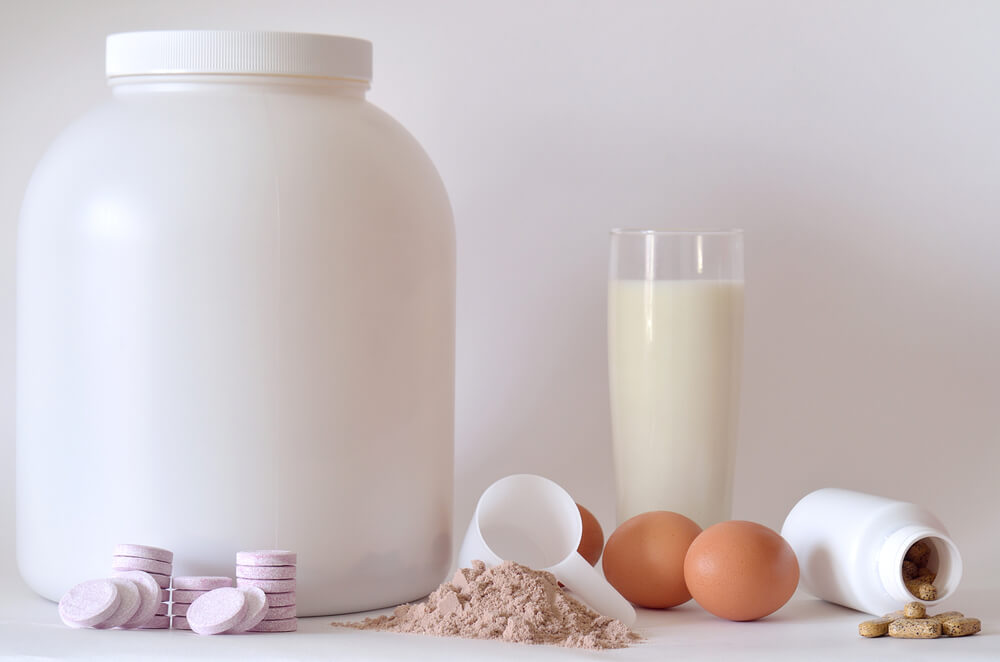
How Much And When Is It Best To Take It?
Keeping all of this in mind, how much of this supplement do you need and when is the best time to take it? It is true that there are no hard and fast rules. A good dose ranges from 2 grams up to 30 grams per day.
There can be notable side effects. These include such things as nausea, diarrhea, and weakness. You will most likely want to start out slowly and boost your dosage as needed. If you are thinking about taking it, you should talk to your doctor first. Your doctor will advise you on what will be best for your body. For many, a good idea would be to start with three to five grams per day. These can be taken both before and after your workout.
Latest posts by Terry M (see all)
- Garage Gyms - Aug 1, 2018
- Kettlebells – Why They Should Be Added To Your Routine. - Jul 24, 2018
- Weight Belts: What Are They Really For? - May 31, 2018

